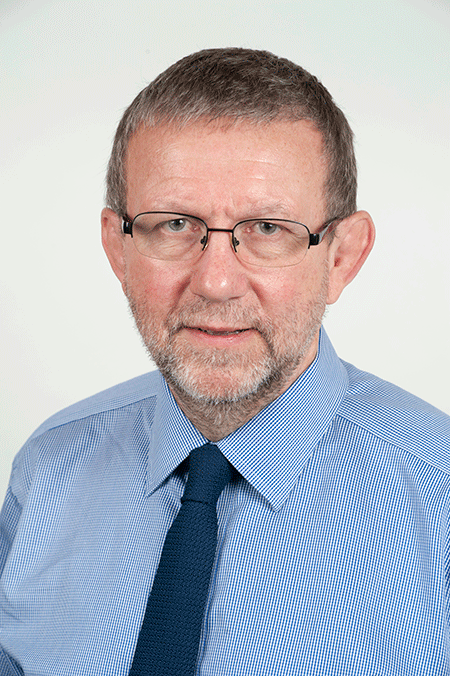Understanding and recognition of autism and learning disabilities in the health service must improve.
That’s the view of Dr Paul Lelliott, who is deputy chief inspector of hospitals with the Care Quality Commission (CQC).

Dr Paul Lelliott of the CQC is demanding improvements in the NHS for those with autism and learning disabilities
‘Greatest concern’
Lelliott said the health watchdog’s “greatest concern” is the “wide variation in the use of restraint, prolonged seclusion and segregation” in specialist hospitals.
He also questioned whether mainstream hospitals recognise the needs of people with autism and learning disabilities.
In an interview with the Health Service Journal, Lelliott said there is a problem with the “profile that learning disability services have and there is even more of a problem with the experiences of people with autism”.
‘Unsafe and poor quality’
In a report published on Tuesday, Lelliott said the CQC has seen some improvement for patients held under the Mental Health Act. However, many wards were still “unsafe and provide poor quality care”.
Charity Thinking Autism campaigned to convert the former Calderstones Hospital site into a specialist centre for illnesses more common in people with autism.
The charity wanted the former secure hospital in Clitheroe, Lancashire to be used for conditions such as epilepsy, migraines and acid reflux or heartburn in people with autism.
Need for specialist hospital
Trustee Joanne Allman said that although the campaign ultimately failed there is still a need for a specialist hospital. It could investigate symptoms currently “brushed under the autism diagnosis rug”.
John Caudwell, the billionaire founder of mobile phone retailer Phones 4u, plans to open a specialist centre for autism at Keele University, Staffordshire. Though focused on diagnosis, therapy and research it will not be a hospital.
Lelliott said he welcomed Health Secretary Matt Hancock ordering the CQC to carry out a review into restrictive practice. He also welcomed new standards that NHS Improvement has developed to measure care quality.
Related:
- NHS watchdog demands community care
- UK and Irish charities face care probes
- New NHS guidelines shift care provision
- Hospital placed in special measures
- 100 restrained face-down in a month
- Hospital brought out of special measures
- Fight to treat autism-related illnesses
Published: 27 February 2019















